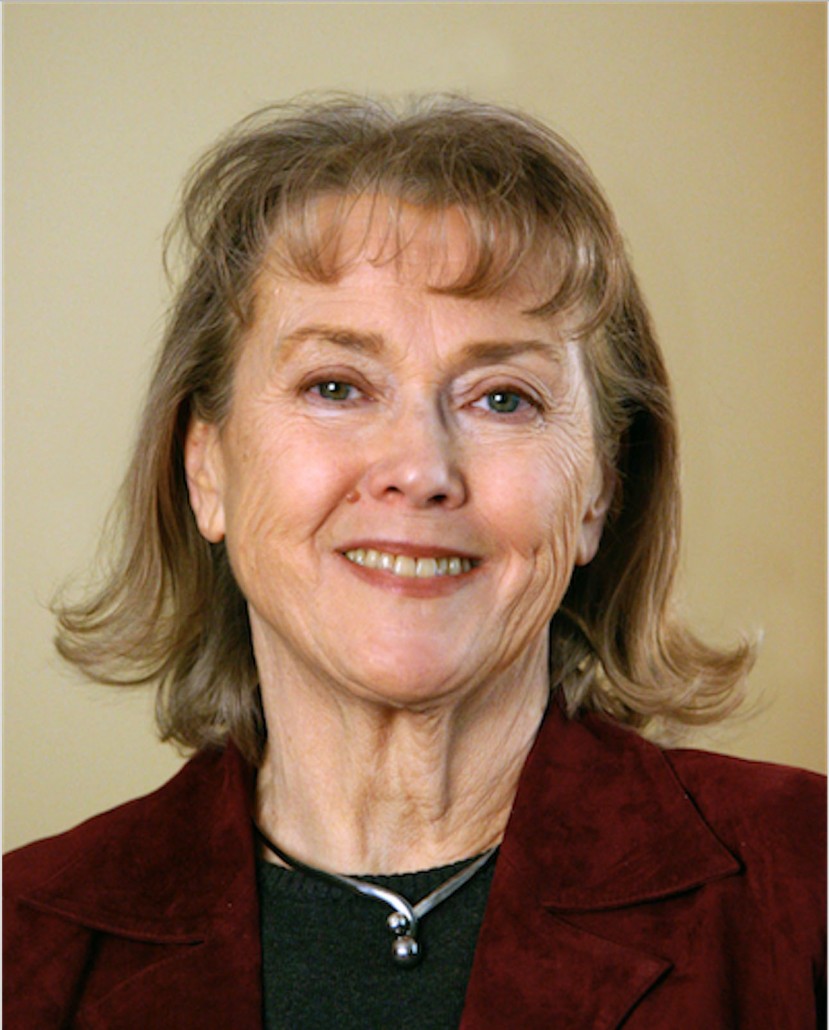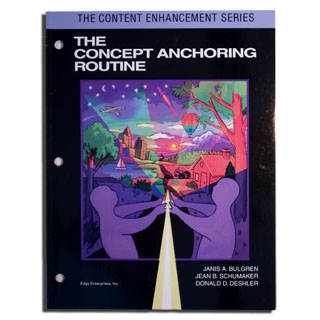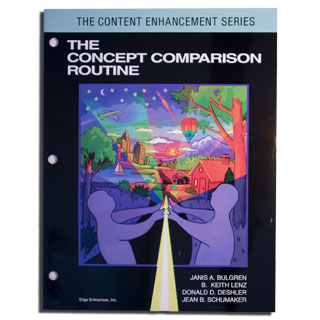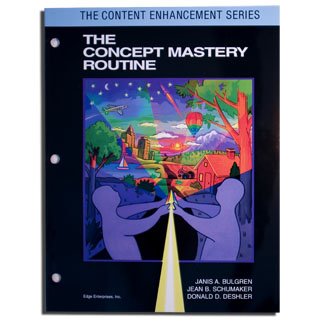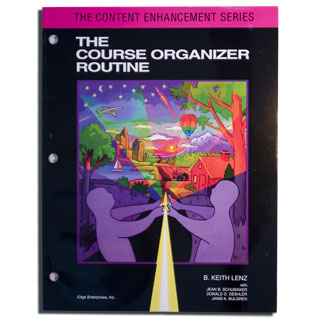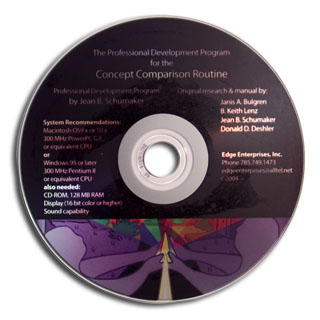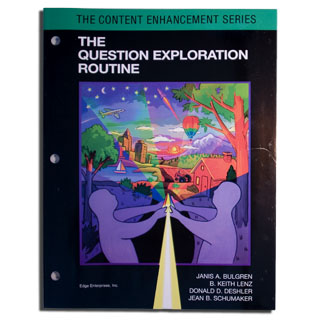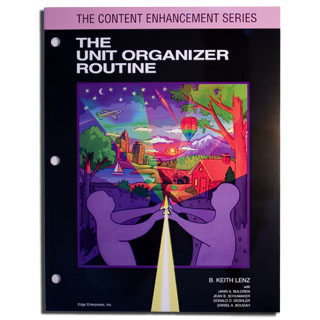Janis Bulgren, Ph.D.
Affliations
-
- Associate Research Scientist
-
- University of Kansas Center for Research on Learning
-
- Courtesy Assistant Professor
-
- Department of Special Education
-
- University of Kansas
My Background and Interests
The focus of my research has been developing ways to help adolescents, including those with disabilities, succeed in inclusive general education classes. Having two degrees in English and teaching at the high school level for several years made me very aware of the needs of both teachers and students in diverse subject-area classes. This led to me to pursue a degree in special education from the University of Kansas. My combined background of general education and special education has allowed me to pursue my interests and insights about how teachers teach and how students learn. As a result, I have been privileged to work with teachers in a variety of subject areas and to do research on instructional techniques that support all students, including those who are low achieving, average achieving, and high achieving, as well as students with disabilities.
My focus has been on a programmatic line of research that builds upon a foundation of knowledge of factual information to create an understanding of critical concepts, to enable manipulation of information including making comparisons, analyzing causes and effects, weighing options to make decisions, and using reasoning to analyze claims and arguments. The goal of the instructional practices that I and my colleagues have designed is to guide students as they engage in deep learning and comprehension across subject-area domains and ultimately in the generalization of thinking to subject-area and real-world issues.
The Story Behind the Question Exploration Routine
One of the ultimate goals associated with instruction is that students can answer critical questions associated with a topic. Teacher planning to use the Question Exploration Routine involves selecting critical questions and laying the foundation for learning by identifying key words, definitions, and background knowledge associated with each question. The use of the routine in class provides a way to “unpack” a critical question with a series of smaller questions that allow for manipulation of a wide variety of information, development of a Main Idea, and use and generalization of that Main Idea to other questions in the subject area and with real-world challenges.
The research that had been conducted on other Content Enhancement Routines prior to the development of this routine had responded to students’ needs relative to acquisition and retention of factual information, deep understandings of single critical concepts, and manipulation of relationships such as comparing and contrasting. Our research team wished to respond to the need to bring many of these previously learned ways of thinking together in such a way that critical knowledge could be acquired, used, and generalized.
Furthermore, our team wanted to find a way to teach students powerful sub-strategies that would guide them as they “unpack” a critical question. Such sub-strategies include the following: self-questioning about important words or phrases explicitly or implicitly stated in the question; generic self-questioning strategies, such as asking the “who,” “when,” “what,” “how,” and “why” questions; and asking a new question based on the answer to a previous question in a sequential exploration of a critical question.
My thoughts about Content Enhancement Instruction
Ideally, Content Enhancement Instruction involves the use of integrated sets of carefully planned instructional routines based on students’ needs and content-learning demands. This means that teachers use routines like the Course Organizer Routine, Unit Organizer Routine, and Lesson Organizer Routine to plan their courses and communicate to students about their courses. They use other routines, like the Question Exploration Routine, as they are teaching subject-area information. Through the use of several routines by teachers, students not only learn information, but they also progress to a higher level of thinking complexity. Our research has shown consistently that the performance of all types of students improves if the Content Enhancement Routines are used.
Teachers have seen the immediate connection between the Question Exploration Routine and the Planning Routines, including the Course Organizer, Unit Organizer, and Lesson Organizer Routines. Each of these Planning Routines launches teachers’ thinking about critical questions. The Question Exploration Routine provides a way for teachers not only to develop answers to those questions, but also a way to check that questions posed on the Planning Organizers are truly worthy of in-depth and co-constructive development with their students.
Teacher Feedback on this Product
Teachers have often commented on the importance of the Question Exploration Routine as a way to help students acquire broad and deep learning. They have reported that they value the range of learning supports within the routine including vocabulary development, “unpacking” difficult questions, and promoting generalization of learning. Most teachers saw the immediate connection between a focus on a few critical pieces of information that all students must acquire and using the Question Exploration Routine as a means to achieving that end. (Less IS more!)
Contact Information
Please contact me through Edge Enterprises, Inc. (785.749.1473).

